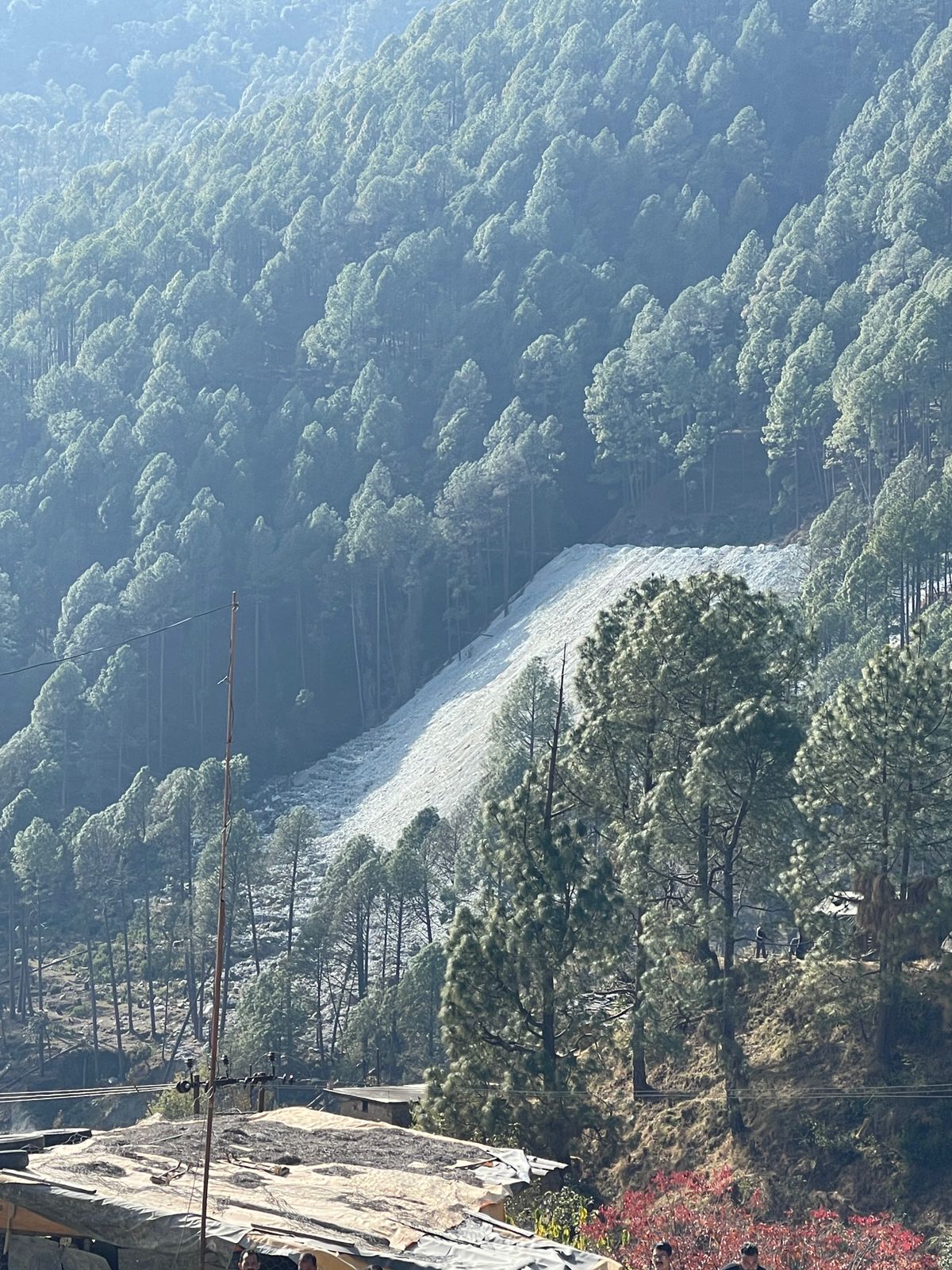
The massive waste dump next to the Uttarkashi tunnel
Uttarkashi (Uttarakhand):
Next to high-tech machines and rescue teams working overtime to save 41 workers trapped in an Uttarakhand tunnel is a waste mountain. This waste has been generated during the construction of the tunnel that is part of the ambitious Char Dham project.
This massive block of waste sits on the mountainside, and there is no protective wall to stop it from turning into sludge and moving towards residential areas downhill in the event of heavy rain.
Strict guidelines are in place for construction activities in areas as sensitive as the Himalayan region. These include a proper muck disposal plan to ensure construction waste does not harm or pose a threat to the local ecosystem.
Dr SP Sati, a geologist and professor of environmental science at Uttarakhand University of Horticulture and Forestry, explained why this waste dump is a disaster in waiting. “The absence of a protective wall at the bottom of the dump is very dangerous, especially in view of the rainy season. This waste can move downstream and increase the density of water flowing downhill,” he told NDTV.
“Just by seeing this, I can say guidelines have not been followed,” he said, adding that the waste dump will flow downhill if the area witnessed a flood. A downhill movement of construction waste with water can be potentially disastrous for settlements downhill.
The tunnel collapse on November 12 and the ongoing rescue operation has prompted many environmental experts to point out how hasty infrastructure development in the fragile region can have devastating consequences.
During an interaction with NDTV, Dr Sudhir Krishna, former secretary of Union Urban Development ministry, said the Uttarkashi tunnel situation is an example that should make us think about the future. “I hope and pray for those trapped and I am quite happy that the government is taking serious and sincere measures, but I am also anxious. We need to seriously think about development in the Himalayan region. We are already late, but we should not delay this anymore,” he said.
Responding to such concerns, government authorities said the focus is currently on the rescue operation and they will address such concerns later.
Vishal Chauhan, a member of National Highways Authority of India, said, “The Himalayan geology reacts very differently. We can’t predict it, but every project is cleared after environmental assessments. Still, we will examine what questions are being raised after the rescue work is over. Right now, the focus is rescue.”
Bhaskar Khulbe, former advisor to the Prime Minister who is at the site to oversee the rescue op, said, “Most safety measures have been adopted, but we will look into all concerns after this rescue is over.”




